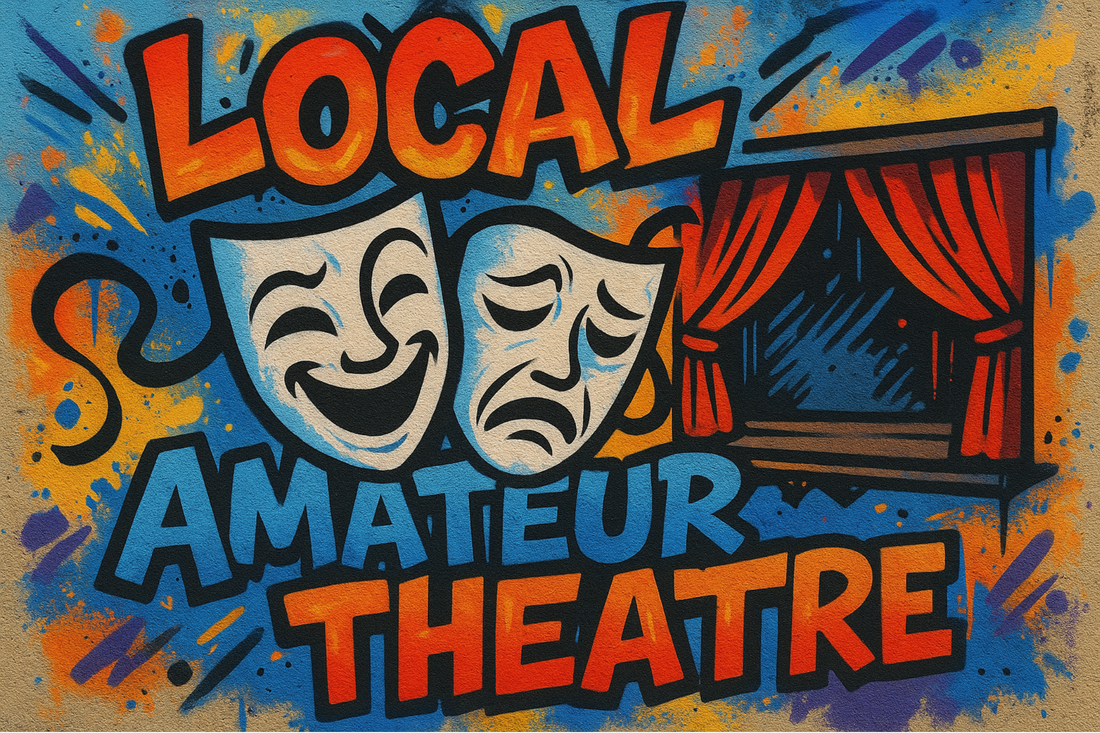
Why Local Theatre is Where Most Actors Learn Their Craft
Share
Every Star Starts Small
It’s easy to look at big names on Broadway or the West End and imagine they were born into the spotlight. But the truth? Most actors begin in local theatres — the small-town playhouses, amateur dramatic societies, and fringe spaces where creativity thrives. These venues are where the first lines are spoken, the first mistakes are made, and the first sparks of passion take hold.
Local Theatre: The Training Ground
Why is local theatre so important for young actors?
-
Safe experimentation: You can take risks, fail, and learn without the pressure of critics or agents watching.
-
Hands-on experience: Unlike drama school’s theoretical approach, local theatre throws you straight into rehearsals, teamwork, and live audiences.
-
Variety of roles: One season you might be in Shakespeare, the next in a panto or new writing festival. That range builds versatility.
-
Collaboration: You learn to work with directors, stage managers, costume teams — real-world skills every professional actor needs.
Learning the Discipline
Theatre isn’t just about talent. It’s about discipline. Local theatre teaches:
-
Showing up on time for rehearsals.
-
Learning lines while balancing jobs or studies.
-
Respecting crew and cast equally.
-
Surviving “tech week” with very little sleep.
These habits become the foundation for professional careers.
Why Working Up the Ranks Matters
Some dream of skipping straight to the big stage, but working up the ranks builds resilience and perspective.
-
Humility: Sweeping the stage, working front of house, or playing tiny parts reminds you every role matters.
-
Respect: When you’ve done it all, from chorus lines to lead roles, you respect everyone else’s journey too.
-
Community: Local theatre connects you with mentors, peers, and future collaborators.
-
Depth: Each level of theatre experience adds layers to your craft. By the time you reach bigger stages, you’ve lived a hundred small ones.
Famous Names Who Started Local
Plenty of well-known actors credit local theatre with shaping them. Community stages, youth theatres, and amateur dramatics have launched careers that went on to win Oscars and Oliviers. It’s a reminder: the journey from the town hall stage to the professional spotlight is a staircase, not a leap.
Quick FAQs
Can you become a professional actor without local theatre?
It’s possible, but rare. Local stages give experience, confidence, and connections that drama school alone can’t.
Why is working up the ranks important?
Because it teaches resilience, respect, and versatility — qualities every actor needs to survive the industry.
Do professional actors still do local theatre?
Yes. Many return to local stages between jobs, for creative freedom, or simply for love of the craft.
Final Takeaway
Local theatre is where actors cut their teeth, learn their discipline, and fall in love with performing. Working up the ranks — from small roles to leading parts, from local venues to bigger stages — isn’t just tradition. It’s the backbone of what makes an actor not only skilled, but grounded.
Every star, no matter how high they shine, remembers where they first stepped into the light.
